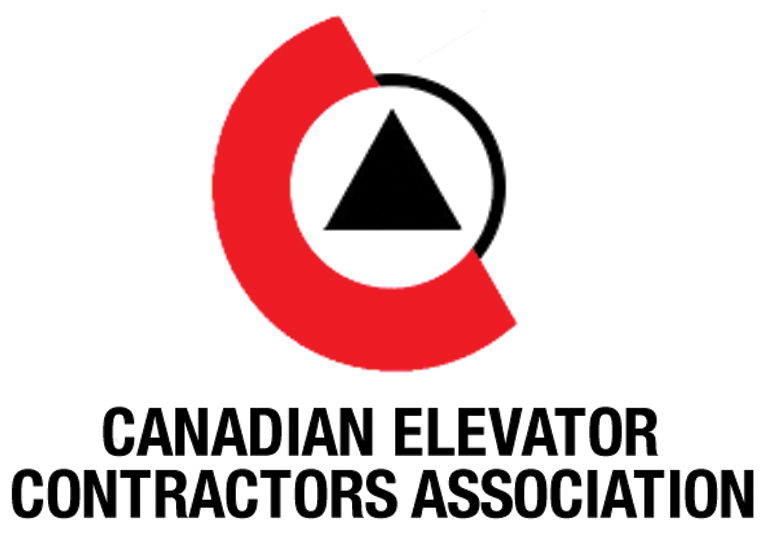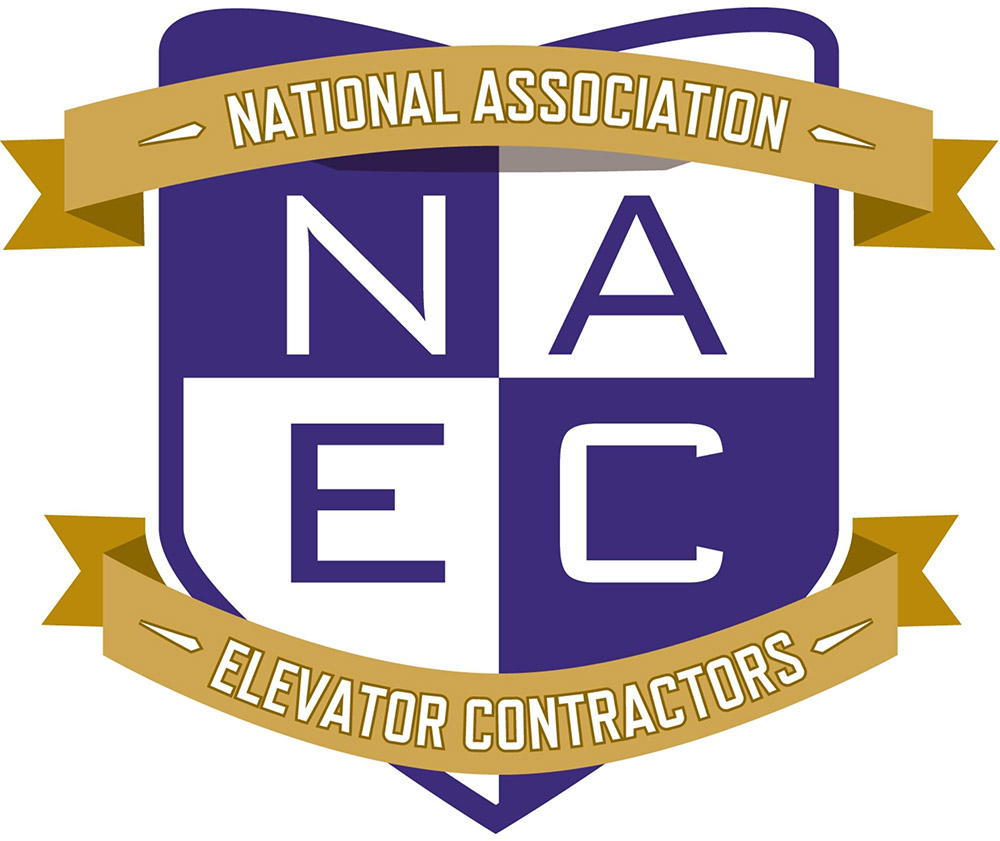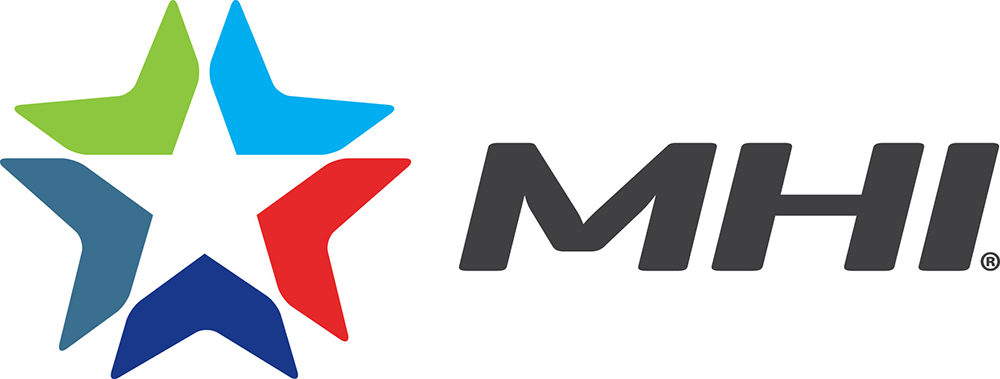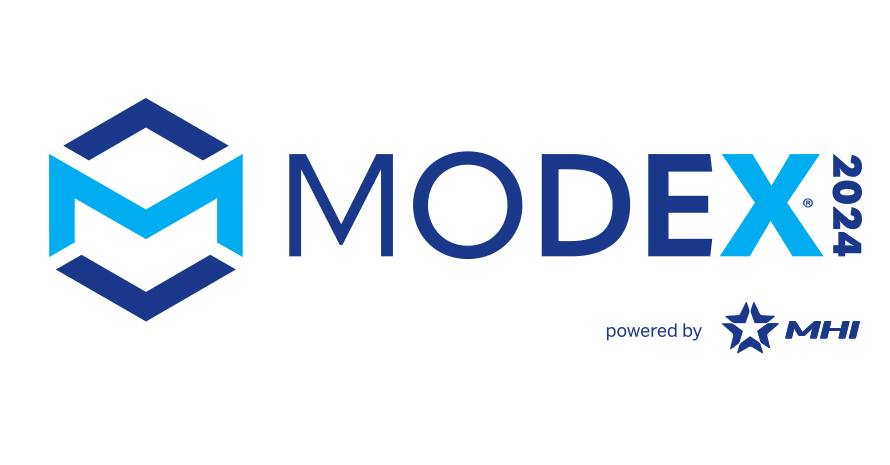
CECA - www.ceca-acea.org
Canadian Elevator Contractors Association is a nonprofit organization of elevator contractors, elevator and lift manufacturers and parts suppliers in Canada for over 40 years. CECA gives a common platform to interact and exchange ideas for betterment of the elevator industry. It provides numerous social and networking opportunities and organizes tradeshows, educational seminars and golf tournaments. CECA also provides a collective voice of the elevator industry for interacting with provincial authorities having jurisdiction (AHJ). CECA gathers, analyzes, appraises and disseminates information and ideas pertaining to the elevator industry. It also works for the betterment of relations between employee and employer.

NAEC - www.naec.org
The National Association of Elevator Contractors (NAEC) serves the interests of the elevator, escalator and accessibility equipment industry by promoting safe and reliable vertical transportation through education, networking with peers, and exposure to new technologies. They provide safety training and education to all facets of the elevator, escalator and accessibility equipment industry.

MHI - www.mhi.org
The Material Handling Industry of America (MHI) is the nation's largest material handling, logistics and supply chain association. They work to deliver the latest knowledge, the strongest connections, powerful industry leadership, and the best market access for manufacturing and supply chain professionals. MHI has 800+ members and 18 Industry Groups to power research and solution sourcing.

PROMAT - www.promatshow.com
ProMat is a trade show that occurs once every two years in Chicago, Illinois. It features over 900 of the world's leading manufacturing and supply chain solution providers. ProMat allows participants to form strong business relationships with peers and suppliers around the world, and enjoy several seminars and keynote presentations.

MODEX - www.modexshow.com
MODEX is a trade show organized by MHI that occurs once every two years in Atlanta, Georgia. MODEX is an opportunity to make new contacts, discover cutting-edge solutions, and learn about the latest trends in the supply chain industry. MODEX offers education sessions and keynotes, and exhibitors come from around the globe.

TSSA - www.tssa.org
The Technical Standards and Safety Authority (TSSA) is the Authority Having Jurisdiction (AHJ) for all type of elevators & escalators for the province on Ontario. TSSA administers and enforces technical standards for elevators & escalators in the province of Ontario in Canada. TSSA is the Authority Having Jurisdiction (AHJ) for all type of elevators & escalators for the province on Ontario and all commercial elevating devices need an inspection & license from TSSA before it can be handed over to the end user. Elevator contractors practising this trade need to be registered with TSSA. Likewise all personnel whether in installation or maintenance of any of the commercial elevating devices need to be certified by TSSA with valid applicable license.

RBQ - www.rbq.gouv.qc.ca
The Regie du batiment du Quebec is the province-wide Quebec building authority that is responsible for enacting construction, safety, and professional qualification standards. They oversee the enforcement of these standards through verifications, inspections and investigations. The RBQ issues licenses, offers support to contractors, and ensures that all building work within the province is up to code. The RBQ is an organization that is recognized for its involvement and contribution to the building and installation industry.

TSBC - www.technicalsafetybc.ca
The Technical Safety British Columbia (TSBC) is the Authority Having Jurisdiction (AHJ) for all types of elevators & escalators for the province of British Columbia. TSBC administers and enforces technical standards for elevators & escalators in the province of BC in Canada. All commercial elevating devices need an inspection & license from TSBC before they can be handed over to the end user. Elevator contractors practising this trade need to be registered with TSBC. Likewise, all personnel whether in installation or maintenance of any commercial elevating devices need to be certified by TSBC with a valid applicable license.
CSA - www.csagroup.org
The CSA Group (formerly the Canadian Standards Association; CSA), is a standards organization which develops standards in 57 areas. CSA Group publishes standards in print and electronic form and provides training and advisory services. For elevators, relevant standards are:

CWB - www.cwbgroup.org
The Canadian Welding Bureau is a certification and registration organization for companies involved in the welding of steel and other metal structures. As per the requirement any welding work required for fabrication of an elevator can only be carried out in a CWB certified shop, as per the procedures & guidelines laid out by CWB, according to CSA Standards W47.1 and W59. Shop standards & Welders in the shop are required to be retested periodically by the Canadian Welding Bureau to maintain the certification.

WSIB– www.wsib.ca
The Workplace Safety and Insurance Board is an organization that provides wage-loss benefits, medical coverage and supports people who get injured or ill at work. WSIB is funded by businesses and provides no-fault collective liability insurance and access to industry specific health and safety information. WSIB is one of the largest insurance organizations in North America covering over 5 million people in more than 300,000 work places across Ontario.